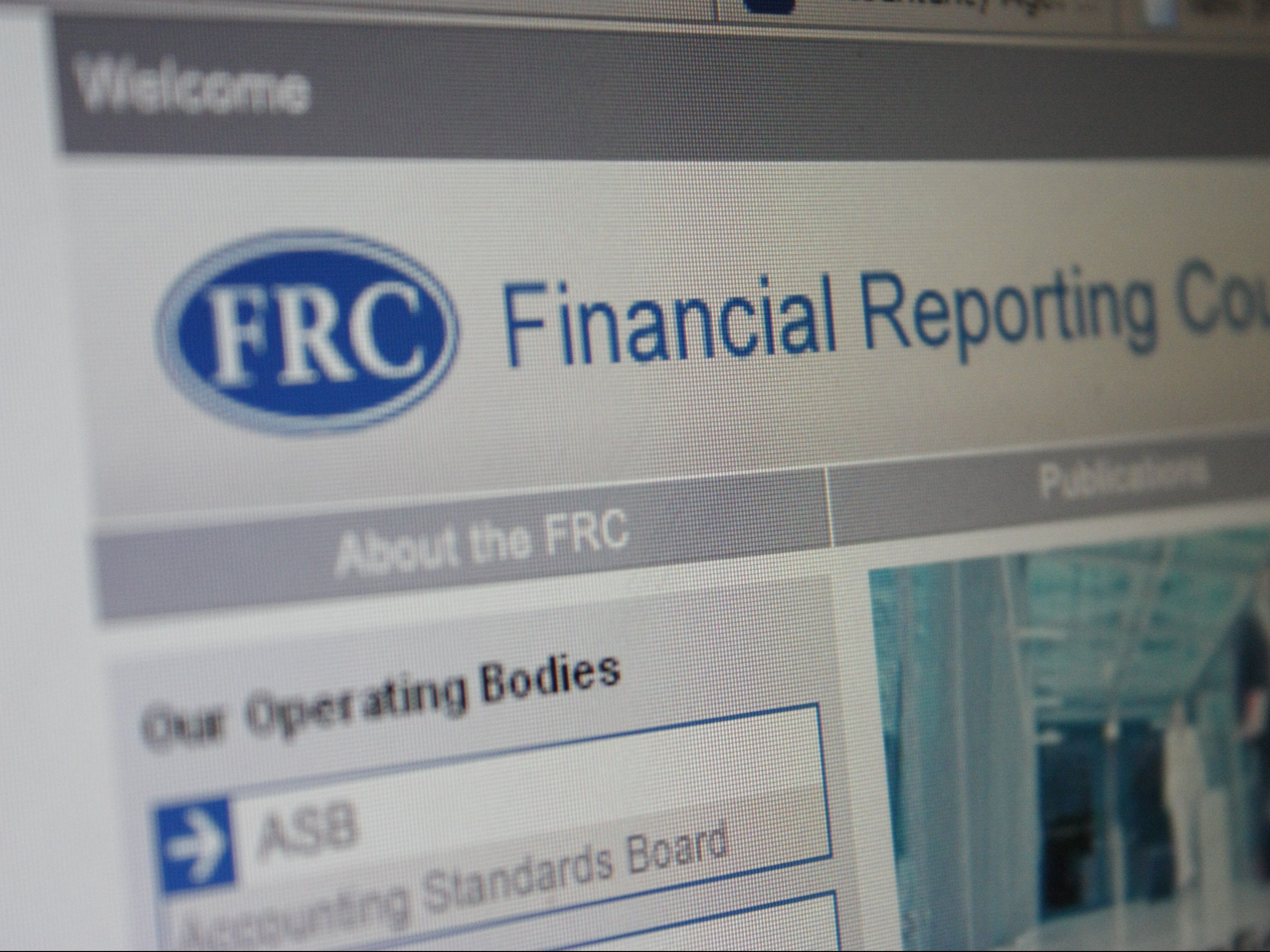UK's Governance Code revamp: Key insights for CFOs
The proposed changes to the UK Corporate Governance Code will strengthen risk management, expand board responsibilities in reporting, and improve communication with investors
The proposed changes to the UK Corporate Governance Code will strengthen risk management, expand board responsibilities in reporting, and improve communication with investors

All trade rests on an element of trust, and any business deal or transaction needs to have transparency and accountability.
It was within this context that the UK’s Financial Reporting Council (FRC) initiated a consultation process in May 2023 around making changes to the UK Corporate Governance Code. Responses are due by September 2023.
This consultation marked a significant development in a series of events that began in 2018 with the Kingman review, followed by the Brydon report in 2019, a whitepaper and consultation from BEIS in 2021, and last year’s publication of the Restoring Trust in Audit and Corporate Governance positioning paper.
There is a clear direction of travel with the updates. The FRC is looking not to overhaul what it already has, but to tinker around its edges and within its fine print to make incremental improvements.
A complete do-over of existing legislation would place a burden on firms; doing it this way allows them to take those changes and embed them into their current processes with little friction.
That last document was the UK government’s response to its 2021 consultation paper of the same name, along with setting out its plans after receiving over 600 comments.
“The [UK] Government’s objectives,” the report reads, “are to build trust and credibility in the UK’s audit, corporate reporting and corporate governance system; ensure accountability for those playing key roles in that system; and to increase resilience and choice in the statutory audit market.”
“This will further increase trust in the UK as a place to invest and to obtain investment,” it adds.
There are two main thrusts to the proposed changes:
Much of the rest of the changes seem to be minor, merely tightening and clarifying much of the language that was previously in use.
But it is the wordings around reporting that Charles Calovich, industry principal for governance, risk, and compliance at Workiva, says are the most important.
“The board of directors will need to make a clear statement and whether it can reasonably conclude the firm’s risk management and internal control systems (ICS) have been effective throughout the reporting period and are as up to date as the annual report,” he says.
“We’ve had language around this before, but what’s unique is that they now have to explain how they arrived at their conclusions. Did they do testing? Did you have a design assessment from the first-line performer? Is there alignment with risk management? How is internal audit performing checks?”
The proposed changes also look at how firms communicate with investors. One of the proposed amendments is to Provision 29 (which will become Provision 30).
The aim, writes the FRC, is to set out ‘clearer reporting expectations and, in particular, on the evidence gathered by the company in support of its reporting’.
“The current Provision already requires that the monitoring and the review of the effectiveness of risk management and internal control systems should include all material controls, including financial, operational and compliance controls,” the FRC says.
Going forwards, the FRC proposes replacing the word ‘financial’ with that of the word ‘reporting’.
Such a change, the regulator says, will bring the Code in line with current practices and standards, recognising the importance of narrative reporting on for example strategy, principal risks, corporate governance, and environmental and social matters.
There is also a focus on ESG and where it fits within a firm’s investment portfolio, reaffirming its importance in the 2023 landscape. The lines between sustainability and finance have been blurring together for some time, and it is this addition to the current code that acknowledges and underlines that shift.
Not only have the roles of CFOs changed in recent years to include ESG, this movement has the potential to drive more value into their business.
“These are important for investors to make investment allocation and stewardship decisions,” the FRC says.
Calovich notes there is a need for investors to know how to read integrated report information beyond the main financial highlights. But, he says, there are deeper issues.
“It’s no secret that there have been troublesome events where a bank or a financial institution has folded. It feels like almost every other week,” he says. “And a lot of these events tie back to things that should have been caught.”
Calovich was broadly supportive of the FRC’s aims in proposing changes to the UK Corporate Governance Code.
“The overall rationale behind this,” he says, “is that the FRC wants to simplify the assurance around the reporting processes. But we’ll find out more when the new version of the code is published, probably around December.”
“The end game is that they’re not trying to make things more complicated. But they are trying to clear a path through which firms can adopt, tailor and explain their assurance around reporting, and what they’re disclosing to the public.”
The sector will move on when responses return in September 2023. Corporate governance is vital in a functioning economy, given that all transactions are built on a foundation of trust.
The Code, as anything, is a journey of continuous improvement in fostering transparency, accountability, and sustainable growth. It is vital that CFOs are with it on that journey.